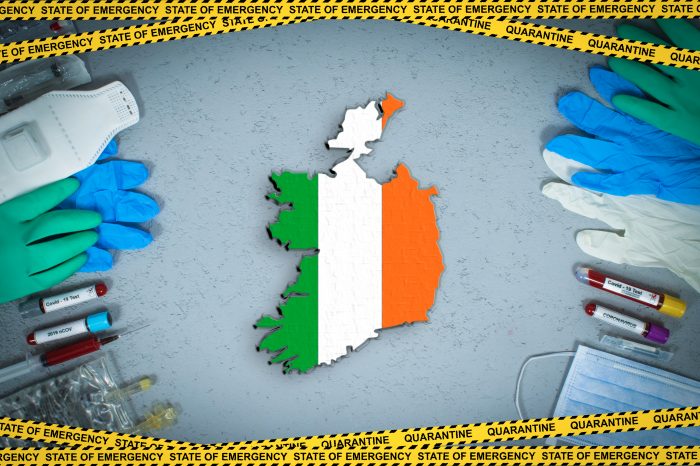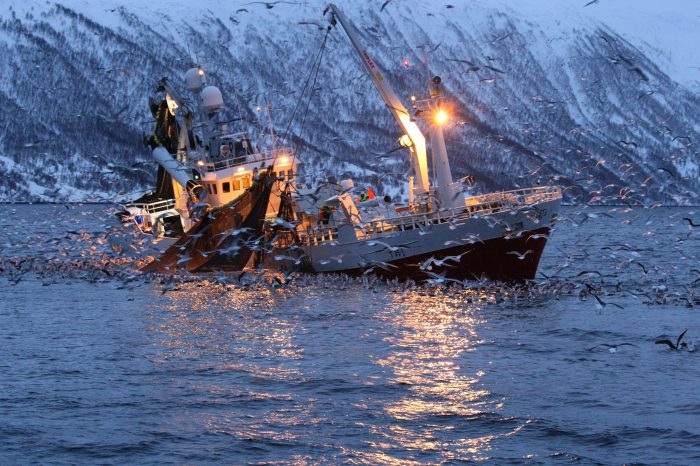The EU – very risky to your wellbeing and pocket
The EU – a club of former countries that encourages irresponsible behaviour and mutualises the resulting problems, making them worse
In the current ‘debate’ (or, perhaps better, the current game of fear messaging and deceit) about our membership of the European Union, (EU), the subject of risk management is largely ignored. Yet this somewhat arcane subject – very mysterious to politicians – is critical to understanding what we are letting ourselves in for. Its inclusion completely changes the actual or residual risks we face. Its omission by Mr Cameron and many other senior politicians is completely irresponsible. We could pay a very heavy price in future if we opt for the most risky option in the mistaken belief that it is the safest.
From prehistoric times, even our most intellectually challenged Homo Sapiens ancestors quickly learnt that life is full of risks. Hunting and progress needed successful management of these risks, whether it was avoiding being trampled by woolly mammoths, getting hurt by chipping flints or being burnt when cooking over an open fire. If our early ancestors had been ruled by someone like Mr Cameron, his Project Fear would have led to our early extinction because of dire warnings about messing with fire or the dangers of leaving our prehistoric EU cave.
Today, any business activity or enterprise, investment, not to mention scientific experimentation and medical progress, will inevitably involve both risk taking and successful risk management if it is to achieve results. Government is no exception; Some policies come with a possible downside in the shape of unwanted or undesirable consequences. If there is a strong likelihood of this happening, risk management is necessary to mitigate these risks and avoid mistakes becoming disasters.
Of course, government incompetence, malevolence and greed is in itself a risk which needs to be managed. It isn’t easy to do this. Parliamentary democracy is a step in the right direction, as in theory, our MP goes to Westminster to act on our behalf and use his or her brain to do the best for us and protect our interests. The nation state also acts as a tool of risk management since the more diverse a population in culture, heritage and history the more difficult it is to avoid serious risks of downsides to some. In this country we are very privileged that, over centuries, laws, checks and balances have evolved, somewhat serendipitously, to provide a decent level of risk control while at the same time reining in the government and the state.
In the real world (as opposed to the bubble which our ruling élite inhabit), we are actually world leaders in risk management. We have also pioneered many techniques for managing risks and have legal frameworks where responsibilities and accountability for so doing (i.e., a duty of care) are clear. Policy risk management at national level is inherently easier than at EU level, hence residual risks can be made much smaller than the initial, apparent, risks. The future outside the EU, should therefore hold few fears because we can manage risks as and when they occur.
The EU, by comparison, is a basket case for risk management. It is not just that its leaders ignore risk management; the organisational structure of the EU makes the task inherently more difficult and the consequences of failure more severe. As we will consider in more detail shortly, one-size-fits-all policies devised by remote unaccountable bureaucrats and enforced by judges (all ideologically driven), are a recipe for risk, mistakes and floundering about afterwards making the damage worse. This pattern is repeated time and again.
One of the more subtle consequences is that it encourages irresponsible behaviour by the unaccountable ruling élite, be they politicians, bureaucrats, big business, vested interests, special interest groups or corrupt individuals. Rather than act in the best interests of ordinary people (the common good), they use the EU as a means to an end, to avoid responsibility, to exploit the people while following their own, self-interested agendas.
Commonly known as corporatism, it amounts to government by the few for the few and the re-distribution of existing wealth from the many to them. From a risk management perspective, giving carte blanche to the EU’s ruling élite poses great risks to the wellbeing and prosperity of the many. The Euro, EU energy policies and pricing, open borders and bureaucratic regulation as pursued by the EU have all had disastrous consequences.
Continuing EU membership is a systemic high risk proposition that can only get worse as its leaders recklessly pursue their goal of creating a superstate while at the same time increasingly expanding their unaccountable control of our daily lives. Sadly, the damage spreads far and wide because of the contagion factor. A local issue which may crop up in one member state – or even one part of one member state – cannot be dealt with locally.
This is quite deliberate policy and results in us all being affected by events taking place far away of no direct relevance to us. One example of this is the Landfill Directive, which addressed the problems faced by Denmark and Holland, two fairly small, flat countries which had run out of space to bury rubbish. Our quarrying industry creates more than enough holes for this country to deal with our garbage, but EU legislation has forced us increasingly in the direction of smelly, air-polluting incinerators..
Sadly, all that Mr Cameron is doing through Project Fear is showing everyone that he knows very little about risk management and consequently is unfit to govern anyone or anything. This has been amply demonstrated by the devastation of the Steel Industry.
If we are to build a prosperous future for the UK, we need to be able both to take risks (business is always inherently risky) and to manage risks successfully. Mr Cameron’s ignorance is potentially very damaging to our future prospects. We could end up with the worst of all worlds, subject to a reckless EU while frightened to build a confident, prosperous and secure future for our country.
Photo by Oregon State University 







